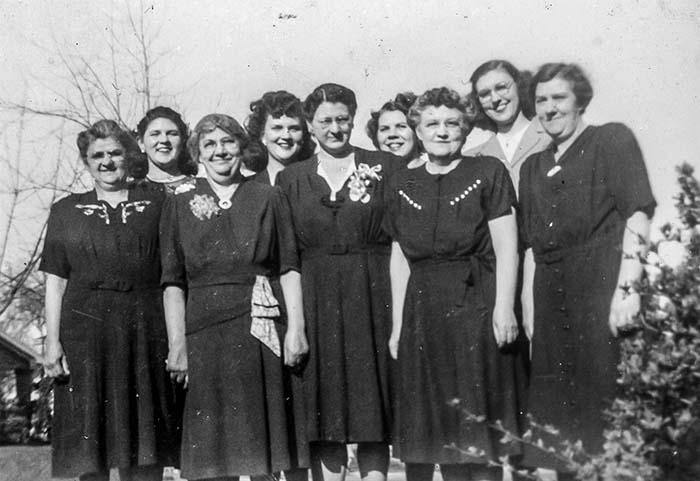Women’s suffrage has been quite a thing. We know it took a long time before women had the right to vote here in the United States. The same is true for many other counties in the world. In some places, women have no rights at all, still to this day.
Concerning this matter, on today’s date, September 30, 1918, President Woodrow Wilson stood in front of Congress and gave a good speech, all in support of guaranteeing women the right to vote. He was really only speaking to the Senators. By the time he gave his talk, the House of Representatives had approved a 19th constitutional amendment that gave women suffrage. The Senate had yet to vote.
Here’s a little backstory on Wilson. His first presidential term began in 1913 and ended in 1917. He was re-elected in 1918. But, during his first four years, he had been willy-nilly about women’s suffrage. Mostly indifferent.
In 1917, when he sought re-election, the suffragists picketed Wilson outside the White House. They gave him the “what for” for being so unconcerned about their cause and admonished him for his lack of support. The protests held plenty of emotion, especially when several women were arrested and jailed. Those women decided to go on a hunger strike.
So let’s look at this. Really. Women not having the right to vote didn’t bother Wilson so much. But, boy, was he ever appalled when he found out the suffragists were being force-fed in jail. That’s when he decided to step in and support their cause. Because of the forced-feeding thing.
More. Throughout WWI, Wilson had asked women to support the U.S., to send their husbands and sons into the horrible war. So, in his September 30 speech to Congress, Wilson acknowledged this debt, saying the women had been partners in the war. He said: “Shall we admit them only to a partnership of suffering and sacrifice and toil and not to a partnership of privilege and right?”
Wilson’s good speech fell on deaf ears. The movement did not get the votes to pass the amendment. The bill died in the Senate. We now know it had enough steam in 1920 when Congress finally passed the 19th amendment. Women’s right to vote.
Women’s suffrage was a long, long haul. A lot of women suffered for suffrage.
Yet. I have long thought they need a better word. Suffrage, in my opinion, is a terrible choice to describe the right to vote. It comes from the Latin suffragium, with the root of the word meaning ‘intercessory prayers’, also ‘assistance.’ The modern sense of ‘right to vote’ was originally seen in the U.S. in the late 18th century.
The right to vote has nothing to do with intercessory prayers, the act of saying a prayer on behalf of another. Unless I’m missing something.
The right to vote is ours singularly. It represents our wishes. It stands for the things we stand for — what we think is right. Suffrage is a misguided term. The fact the term was placed “on the right to vote” by men in the late 18th century seals the deal in my mind.
If I were queen, the term suffrage would be discarded. And if I were queen, we wouldn’t need the vote, as the queen holds the scepter and wears the fancy crown. And we know what that means.
Yet, another day, in the beautiful kingdom. Oops. Queendom.
But thankfully, we have the vote.
========
“Elections belong to the people. It’s their decision. If they decide to turn their back on the fire and burn their behinds, then they will just have to sit on their blisters.”
― Abraham Lincoln
=========
“Democracy cannot succeed unless those who express their choice are prepared to choose wisely. The real safeguard of democracy, therefore, is education.”
― Franklin D. Roosevelt
=========
“Democracy is not just the right to vote, it is the right to live in dignity.”
― Naomi Klein
=========
Suffering for suffrage. Except for Queens.
